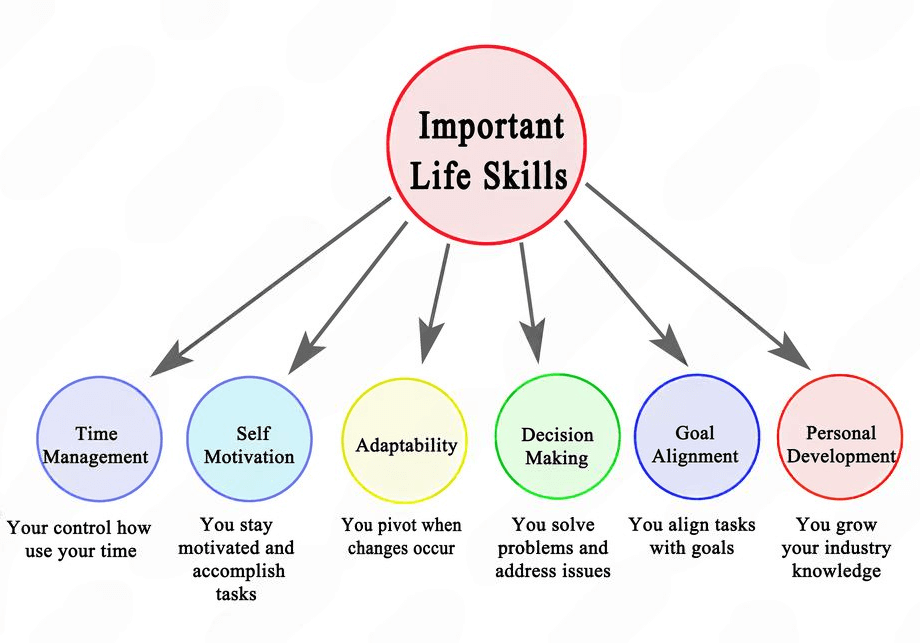
Recovering from injuries, illnesses, or disabilities demands more than just medical intervention. This piece examines how rehab support programs foster recovery by boosting functional abilities, self-reliance, mental wellbeing, and community participation – creating benefits that ripple outward to families, neighbourhoods, and beyond.
People facing health setbacks need more than just doctors and pills. Think of rehab support as the bridge connecting hospital care to real life. Without it? Many people find themselves stuck – unable to transform clinical progress into everyday independence.
Bouncing back isn’t simple. It’s messy. Complex. Personal. The path winds through physical, emotional, and social territories all at once. That’s precisely why proper rehabilitation matters so damn much.
Good rehab programs provide the structure people crave during chaotic times. They offer expert guidance that builds confidence. They create accountability systems when motivation falters. Through individualized support, people rediscover abilities, rebuild shattered confidence, and eventually find their way back to meaningful community life.
Under the direction of the rehab team, rehabilitation support workers are important because they help individuals regain independence, improve physical and mental function, and reintegrate into society after illness, injury, or disability. These services provide structured care that enhances recovery outcomes, prevents relapse, and supports long-term well-being.
Surviving a stroke or brain injury turns once-automatic habits into bewildering challenges. Suddenly, you’re stuck figuring out how to hold a spoon or button a shirt. This is when a rehab specialist should be introduced to into the treatment team.
They don’t rush you through clumsy attempts at dressing or brushing teeth. Instead, they demonstrate clever workarounds – maybe showing how to fasten clothing one-handed or suggesting specialty gadgets you never knew existed. Sometimes they’ll introduce completely unfamiliar methods that, surprisingly, work better for your new circumstances.
The goal never changes: helping you reach your highest possible level of independence. Baby steps lead to giant leaps. Small victories accumulate into transformed lives.
Recovery transcends physical healing. True rehabilitation addresses your entire life experience – not just your body, but your spirit.
Imagine rediscovering hobbies that once brought you joy. Picture yourself building new relationships or strengthening existing ones. Consider the freedom of having effective emotional coping tools. Think about finding purpose again through work or volunteering. Envision achieving personal goals that make life feel meaningful.
This isn’t fantasy – it’s what comprehensive rehabilitation delivers.
Good rehab programs act as early warning systems. They spot potential complications before they become emergencies. They ensure you understand your medications. They monitor vital health indicators and teach you to recognize warning signs. Most importantly, they build self-management skills that prevent crises.

The emotional aftermath of serious illness or injury often proves just as challenging as physical recovery. Depression, anxiety, and frustration frequently tag along as unwelcome companions during healing.
Quality rehab programs integrate psychological support throughout your journey. Through counselling, peer connections, and practical coping strategies, you’ll develop the emotional resilience needed to navigate these turbulent waters.
Initial recovery represents just the first chapter of your story. Without ongoing support and vigilance, early gains might slip away, especially with complex conditions.
Rehab allows protective frameworks that safeguard your progress. Professionals help identify subtle warning signs of potential setbacks and implement timely interventions before minor issues become major problems.
True recovery happens beyond clinic walls – it happens in neighbourhoods, workplaces, schools, and gathering spots. Effective rehab actively bridges the gap between clinical improvement and real-world participation.
Rehabilitation support workers connect you with local resources, provide transportation assistance, and help navigate social reintegration. They support your return to work or school. They guide you through rebuilding social networks that may have frayed during your illness or injury.
While rehab services require initial financial investment, they typically yield significant long-term savings. Without proper support, people often face ongoing medical complications, prolonged inability to work, and increased dependency on family caregivers.
Comprehensive rehabilitation reduces these downstream costs substantially while improving quality of life. By focusing on independence and prevention, these services frequently pay for themselves through reduced healthcare utilization and increased productivity.
h2 style=”font-size: 34px; font-weight: bold;”>Mental Health Recovery Benefits of Structured Rehab Support
Proper rehabilitation creates safe spaces where people process psychological impacts of illness or injury while developing fresh coping mechanisms. This approach recognizes the deep interconnection between mental and physical health – improvements in one area frequently accelerate progress in the other.

Serious health setbacks trigger powerful emotions: grief over lost abilities, frustration with new limitations, anxiety about the future. Your very identity and independence suddenly come into question.
Professional rehab programs provide emotional safe harbors during these storms. You’ll find space to address feelings alongside your physical recovery. This integrated approach acknowledges that emotional wellbeing forms the foundation of overall health.
Having steady support prevents isolation and despair. Rehab professionals recognize subtle signs of emotional distress and intervene appropriately. They celebrate small victories that might otherwise go unnoticed, gradually rebuilding your confidence and resilience.
The feeling of security provided by reliable support enables necessary risk-taking during recovery. Attempting new skills feels less daunting when you know supportive experts have your back. This psychological safety encourages greater participation in rehabilitation activities, ultimately improving outcomes.
Recovery rarely follows smooth, predictable patterns. Setbacks and plateaus come with the territory. During these frustrating periods, consistent professional support often determines whether you continue moving forward or slide backward.
Regular sessions provide structure and accountability when motivation wanes. Rehabilitation support workers help adjust expectations and strategies during slow periods, preventing discouragement from derailing progress.
Rehab professionals offer objective feedback you might miss on your own. This perspective maintains focus on long-term goals even when day-to-day improvements seem minimal. They spot subtle signs of progress that boost motivation and reinforce positive behaviours when you might only see how far you still have to go.
The transition from initial recovery to long-term maintenance brings unique challenges. As dramatic early improvements naturally slow, maintaining motivation becomes trickier. Support during this phase establishes sustainable routines and self-management skills that support continued independence long after formal rehabilitation ends.
Rehabilitation services create ripple effects benefiting families, communities, and healthcare systems. They represent proactive approaches emphasizing prevention and sustainability rather than just crisis management.
When someone suffers a serious injury or illness, entire families feel the impact. Family members often become caregivers overnight without preparation or training. Professional rehabilitation provides crucial guidance for these informal caregivers, preventing burnout and improving care quality.
Rehab specialists teach family members effective care techniques that protect everyone involved from injury. They provide education about recovery processes, helping families develop realistic expectations. This guidance reduces family stress and prevents unhealthy caregiving dynamics from forming.
Families consistently report that good rehabilitation helps restore household balance after health crises. By supporting increased independence, these services reduce caregiver burden and allow family relationships to transcend purely caretaking functions. This restoration of normal family roles dramatically improves everyone’s quality of life.
Effective rehabilitation never happens in isolation – it requires coordination among multiple professionals, family members, and community resources. This collaborative approach ensures all recovery aspects receive proper attention.
Well-coordinated rehab creates support networks addressing the complex, interconnected challenges of serious recovery. These networks catch issues before they become crises.
Professional services facilitate communication between different healthcare providers. They ensure everyone involved works toward consistent goals with complementary approaches. This coordination eliminates contradictory instructions and prevents care gaps that might otherwise impede recovery.
Rehab support networks frequently connect clients with peer support opportunities that combat isolation. Peer interactions provide both practical tips and emotional support from others who truly understand your challenges. These connections often evolve into lasting friendships sustaining wellbeing long after formal services end.

At Genesis Community Rehabilitation, we’ve developed a distinctly collaborative and transparent approach to support services. We believe in real-time communication among team members, creating responsive systems that adapt quickly to evolving needs.
We understand meaningful recovery happens in real-world settings, not just clinics. That’s why we deliver services in clients’ homes and communities, focusing on practical skills that directly improve daily functioning and independence. Our approach combines real-life application and theoretical improvement, ensuring the skills you develop truly enhance your daily life.